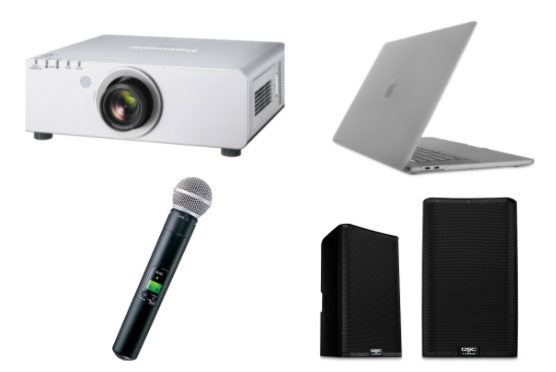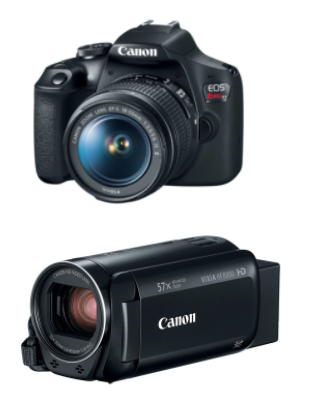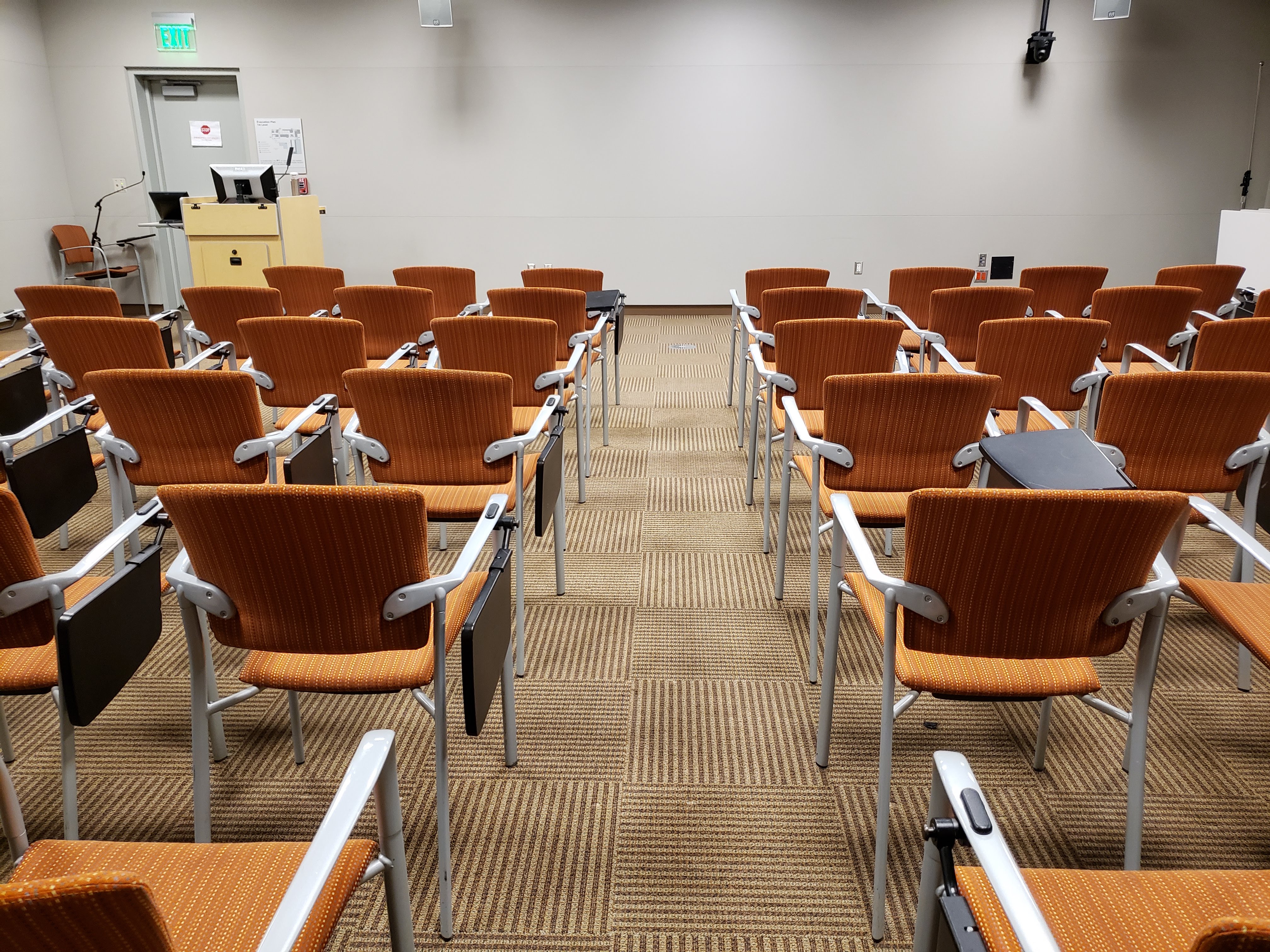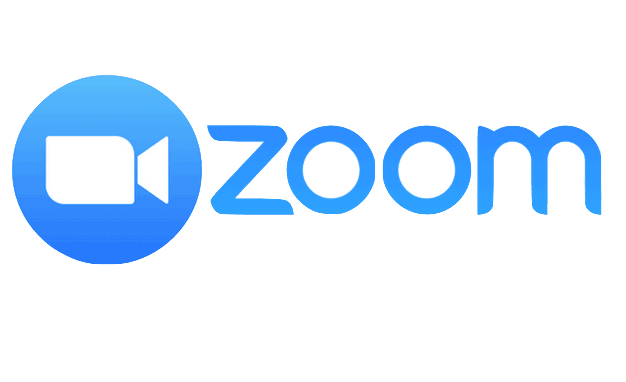Media presentation systems, digital cameras, laptops, dvd/vhs decks, digital audio recorders, iClicker classroom response systems, sound systems, video streaming, web conferencing and more...... are all available for class and campus use.

**equipment check out is only available for faculty and staff.
Digital audio recorders
Digital video and still cameras
iClicker classroom response systems
Laptops and projectors
Sound systems
Video recording and streaming
Video playback - DVD/VHS decks
USB Web cam and microphone for web conferencing/Zoom
Equipment Delivery
Equipment can be delivered to a classroom, conference room, or event space - please order from Media Services online or by contacting Media Services. If you are unfamiliar with the operation of the equipment, please arrange for one-on-one instruction either at the time of setup or prior to event date.
We accommodate last minute requests subject to equipment availability, although previously scheduled requests have priority for delivery and setup. Please note that equipment availability is limited and reservations are made on a first come, first serve basis - early requests will prevent disappointment! If you are unable to use services that you have scheduled, cancellation prior to setup is appreciated.
Equipment Check out
Faculty and staff may check out equipment for instructional, administrative, or extra-curricular activities. Students may also check out equipment (with the exception of the laptop computers and data projectors) for academic, administrative, or extra-curricular activities.
Students need faculty or advisor verification only when checking out video camcorders. Forms are available in Academic Technology (or a handwritten note from the instructor will do). We try to limit camera checkout to 2 days. Checkout is subject to equipment availability. High demand does not allow for personal use of equipment.
Persons using equipment are responsible for exercising care to protect items from theft, loss, or damage, and to return equipment as scheduled. Individuals checking out equipment assume full liability for lost or broken equipment.
Using built-in ceiling microphones and cameras, faculty can easily record classroom lectures/presentations and make them available to students for review. Faculty using their laptop or classroom desktop, can record their daily classroom presentations (voice and powerpoint, web links, spreadsheets, etc.), or student presentations. The files are published and accessible to the students for later review through links in Camino. Students can navigate through the individual recording to review specific topics.
Rooms with built-in panopto recorders also have the capability of doing livestream.
See more information on Panopto Lecture Capture System.

Handheld video and still cameras, and tripods, are available for setup to record classes or events, and for checkout.
Faculty, staff, and students may check out cameras for instructional, administrative, or extra-curricular activities. Checkout is subject to equipment availability. High demand does not allow for personal use of equipment.
Students need faculty or advisor verification when checking out video camcorders. Forms are available in Academic Technology (or an email or handwritten note from the instructor will do). We try to limit camera checkout to 2 days, due to high demand.
Persons using equipment are responsible for exercising care to protect items from theft, loss, or damage, and to return equipment as scheduled. Individuals checking out equipment assume full liability for lost or broken equipment.
For more information, please contact Media Services.
iClicker is a flexible and reliable classroom response system designed to help engage and interact with students in the classroom. iClickers student remotes can be purchased through the bookstore and faculty wanting to borrow iClickers for occasional classroom use may do so by contacting Media Services, 408-554-4520. In addition to the remotes, iclicker also supports students using their laptops or smart devices.
iClicker integrates with our Camino LMS and is supported by the Media Services Department. For more information, please contact Media Services (mediaservices@scu.edu, (408) 554-4520).
Note: Rooms with built-in Panopto recorders also have the capabilities to stream live events.
Live streaming of campus events using in room Panopto recorder is available with at least 3 days notice.
Depending on the event location, there may be a cost to hire a videographer or full video production crew, which typically requires at least 2 weeks advance notice to secure staffing.
For more information, please contact Media Services.

Videos can played in a variety of venues throughout the campus, including classrooms and events spaces.
The Harrington Learning Commons is home to two "Viewing Rooms" seating 30 and 60 people for video playback.
To schedule a Viewing Room in the Learning Commons, please contact Media Services.
Note: Viewing Spaces availability will be base on combination of the Library & Media Services' hours of operation.
What the Law Says:
The Federal Copyright Act (Title 17, United States Code, Public Law 94-553, 90 Stat. 2541) governs how copyrighted materials, such as movies, may be utilized publicly. Neither the rental nor the purchase or lending of a videocassette or DVD carries with it the right to exhibit such a movie publicly outside the home, unless the proper rights have been obtained or the video is being used in face-to-face instruction (see below).
This legal copyright compliance requirement applies to universities (H.R. Rep. No. 94-1476, 94th Congress, 2d Sess.) regardless of whether an admission fee is charged, or whether the university is non-profit. The movie studios who own the copyrights, and their agents (e.g. Swank Motion Pictures), are the only parties who are authorized to license universities the right to publicly exhibit copyrighted movies. Copyrighted movies borrowed from libraries, personal collections, video stores, etc. cannot be used legally for showings on campus without proper licensing.
What Defines a Public Performance?
Title 17, Section 101 of U.S. Code outlines that showing a work publicly means to perform or display it at a place open to the public or at any place where a substantial number of persons outside of a normal circle of a family and its social acquaintances is gathered. Showing a movie on campus, including in residence hall lobbies, lounges, or hallways would be considered a public performance and requires a license to be legal.
The Educational Exemption:
Face-to-face instruction qualifies as an educational exemption when a legitimate copy of a video, which applies to the purpose of the course, is shown by an instructor or student in an instructional setting. Attendance is limited to instructors, students, and guest lecturers.
The use of copyrighted materials for instructional purposes in the classroom does not nullify Federal Copyright Law. If the materials are copyrighted by Santa Clara University, permission for duplication should be obtained from the department or administrative unit that produced the program.
For more information on copyright issues, click on the links below.
Guide to Understanding Copyright and Educational Fair Use

Zoom is SCU's enterprise web conferencing tool for meetings, collaboration, or to bring a guest speaker into the classroom.
Any faculty, staff, or student may sign in at scu.zoom.us with Google, using a valid SCU Network ID and password to use the service. You can make Zoom calls with non-SCU people, just send them an invite.
Media Services can record broadcast and cable television programs (off-airs) for instructional uses in the classroom. In order to comply with 1976 Copyright Act, Media Services follows the Fair Use Guidelines covering the recording, retention, and use of television broadcast programs for educational purposes. (guidelines available in Media Services)
Media Services will do off-air recordings at the request of faculty members. According to copyright guidelines, an off-air recording should be shown within the first ten consecutive school days after recording. The recording can be shown a second time for instructional reinforcement. Off-airs must be erased within 45 calendar days after the recording. Off-airs will be labeled with an expiration date. If, after viewing the off-air, the faculty member would like to retain the program to use in future classes, requests for purchase should be made to their Departments' library subject specialist, who will investigate availability, costs and coordinate tape purchase.
Faculty should be aware that they are also personally subject to these guidelines when videotaping class materials at home.
For more information or to request an off-air recording, please contact Media Services.
Copyright and Duplication
Media Services will not duplicate copyrighted materials (this includes programming recorded off-the-air) without permission. The requestor must obtain proof assuring that the copyright law will not be violated. Anyone wishing to copy a video or audio program that is protected by copyright must obtain a written statement from the copyright holder granting permission for duplication.
Media Services will duplicate original or personal material for faculty, staff, and students. For more information, please contact Media Services.
Video
Media Services provides equipment and training for conversion of analog (VHS) videos for SCU faculty, students, and staff.
Media Services may be able to assist with duplication of digital media (DVDs) when capacity allows as well as conversion of DVDs to MP4 or other digital video formats. Please contact Media Services for more information.
Audio
Academic Technology will duplicate CDs when capacity allows.
Please note:
The use of copyrighted materials for instructional purposes in the classroom does not nullify Federal Copyright Law. If the materials are copyrighted by Santa Clara University, permission for duplication should be obtained from the department or administrative unit that produced the program.
- The absence of a copyright notice on a work does not necessarily indicate that the work is public domain.
- Prerecorded videocassettes of public domain programs which are rented from a store are copyrighted by the distributor and may not be duplicated without written authorization from the copyright holder.